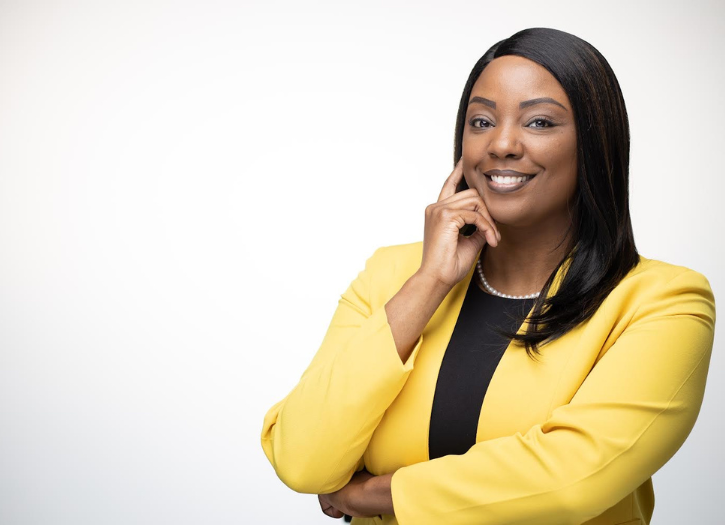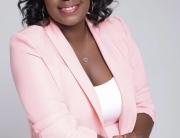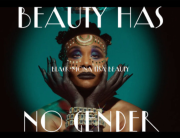Can you share with us the importance of DEI in organizational systems and practices?
Dr. MJ: Diversity, equity, and inclusion (DEI) are fundamental to building a thriving organization in today’s world.
First, DEI fosters a richer pool of ideas and perspectives. When we bring together people from different backgrounds and experiences, we tap into a wellspring of creativity and innovation. This leads to better problem-solving, more effective decision-making, and ultimately, a stronger competitive edge.
Second, a truly inclusive environment boosts employee well-being and engagement. When everyone feels valued and respected, they’re more likely to be motivated and contribute their best work. This translates directly into higher productivity and a happier, more loyal workforce.
There can be pushbacks, of course. Some might say, “Why change what’s working?” But the reality is, that the status quo often overlooks potential talent and limits the organization’s ability to connect with diverse customers. By embracing DEI, we ensure we’re reaching our full potential and serving a broader market more effectively.
How have your personal experiences influenced your approach to promoting equity, accessibility, and inclusion within organizations?
Dr. MJ: Absolutely. Experiencing the workforce as a Black dyslexic woman and member of the hearing-impaired community (single-sided deafness) has given me a firsthand understanding of how crucial it is to prioritize equity, accessibility, and inclusion within organizational systems, cultures, and practices. My experience in the workforce has influenced why I have dedicated much of my professional career to understanding the evolving challenges impacting different organizational cultures. I found the best application of my talents as a consultant and speaker educating organizations on the importance of disability and neurodiversity inclusion, along with gender, race, and other aspects of inclusion. This allows me to work as a whole person, drawing on the entirety of my human experience.
What are some common challenges you have observed in DEI initiatives, and what strategies do you recommend for overcoming them based on your years of experience in the field?
Dr. MJ: In my work with organizations, I’ve encountered some challenges. Two of the most common challenges are employee skepticism about the need for DEI initiatives and limited resource allocation to fund DEI efforts. To address these challenges, I’ve found success in a few areas. First, by showcasing concrete results and the value DEI brings, I can convince hesitant stakeholders to keep supporting these efforts. Second, framing DEI as a strategic priority that aligns with the company’s mission, values, and growth goals fosters long-term buy-in. In my experience, showcasing the positive impact of DEI initiatives, with clear data and success stories, is a powerful way to win over even the most skeptical stakeholders. It’s about demonstrating that DEI isn’t just the “right thing to do,” it’s a strategic imperative that fuels growth and success.
How do you see the landscape of DEI evolving in the coming years, and what role do you believe consultants like yourself play in driving positive change?
Dr. MJ: Even with our country’s current political climate, I believe the DEI landscape is poised for exciting growth in the coming years. Here’s what I see:
There will be a deeper understanding of intersectionality. We’ll recognize that identities are multifaceted, and experiences of discrimination can be compounded. This will lead to more nuanced DEI strategies that address the unique challenges faced by different groups.
Secondly, data will be even more crucial. Metrics will track not just diversity in hiring, but also promotion rates, pay equity, and overall employee experience for underrepresented groups. This data-driven approach will help organizations measure progress and identify areas needing improvement.
Now, as a DEI consultant, I see myself playing a key role in facilitating this evolution. We can be catalysts for change by guiding organizations through self-assessment and helping them identify their DEI strengths and challenges. We also must continue developing customized strategies that address their specific needs and goals. Ultimately, DEI consultants are partners on this journey. As a DEI consultant, I enjoy working alongside companies to equip them with the knowledge, tools, and support to create inclusive workplaces where everyone can thrive.
How can our viewers remain connected?
Dr. MJ: Connect online at https://www.instagram.com/mjmcconner?igsh=MWdreTk2bGJsMDc1ag==
Photo Credit: Courtesy of Dr. Mary “MJ” McConner







Add Comment
You must be logged in to post a comment.